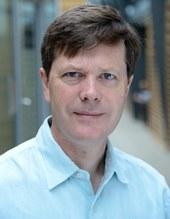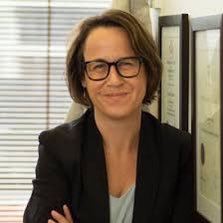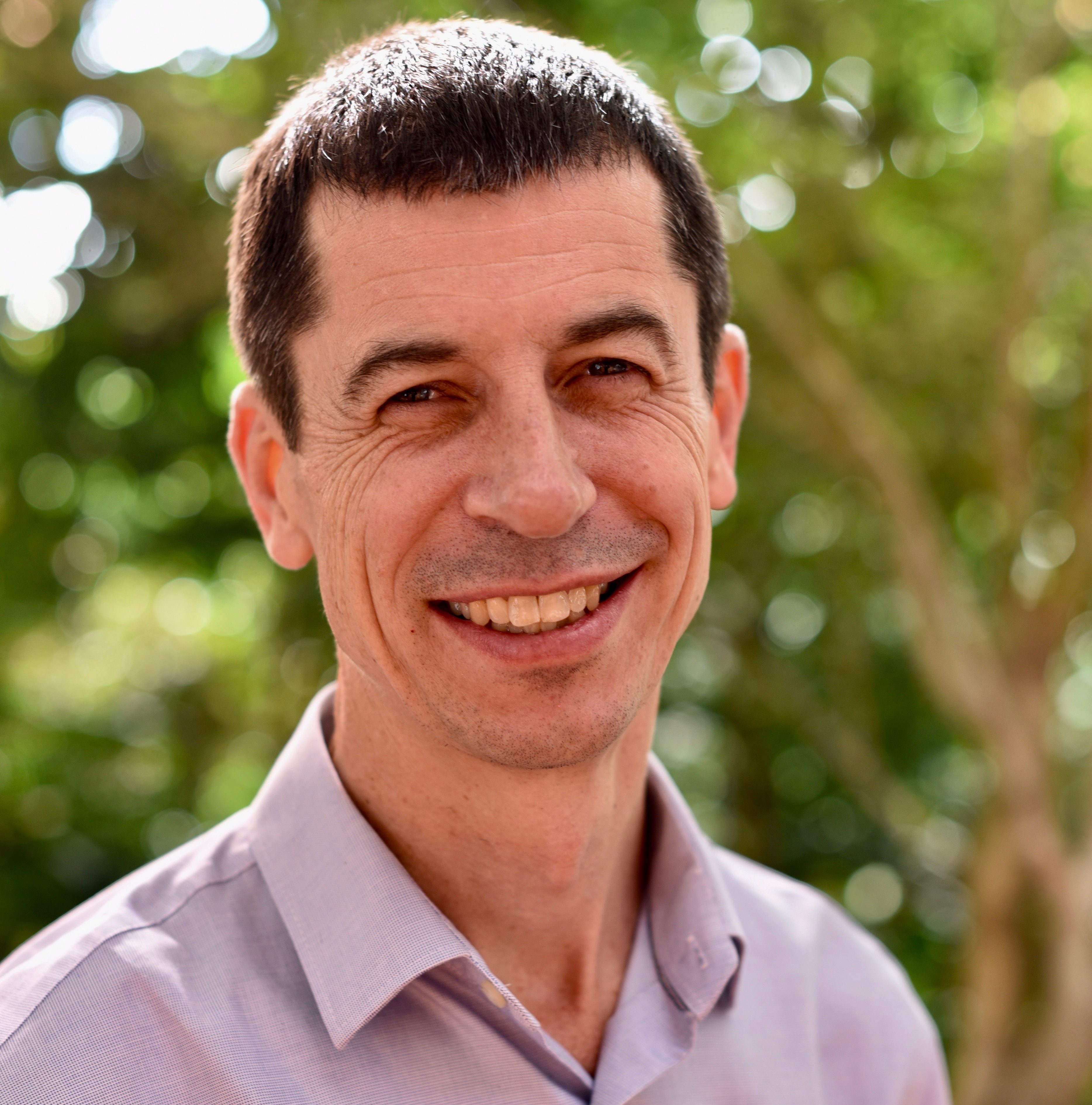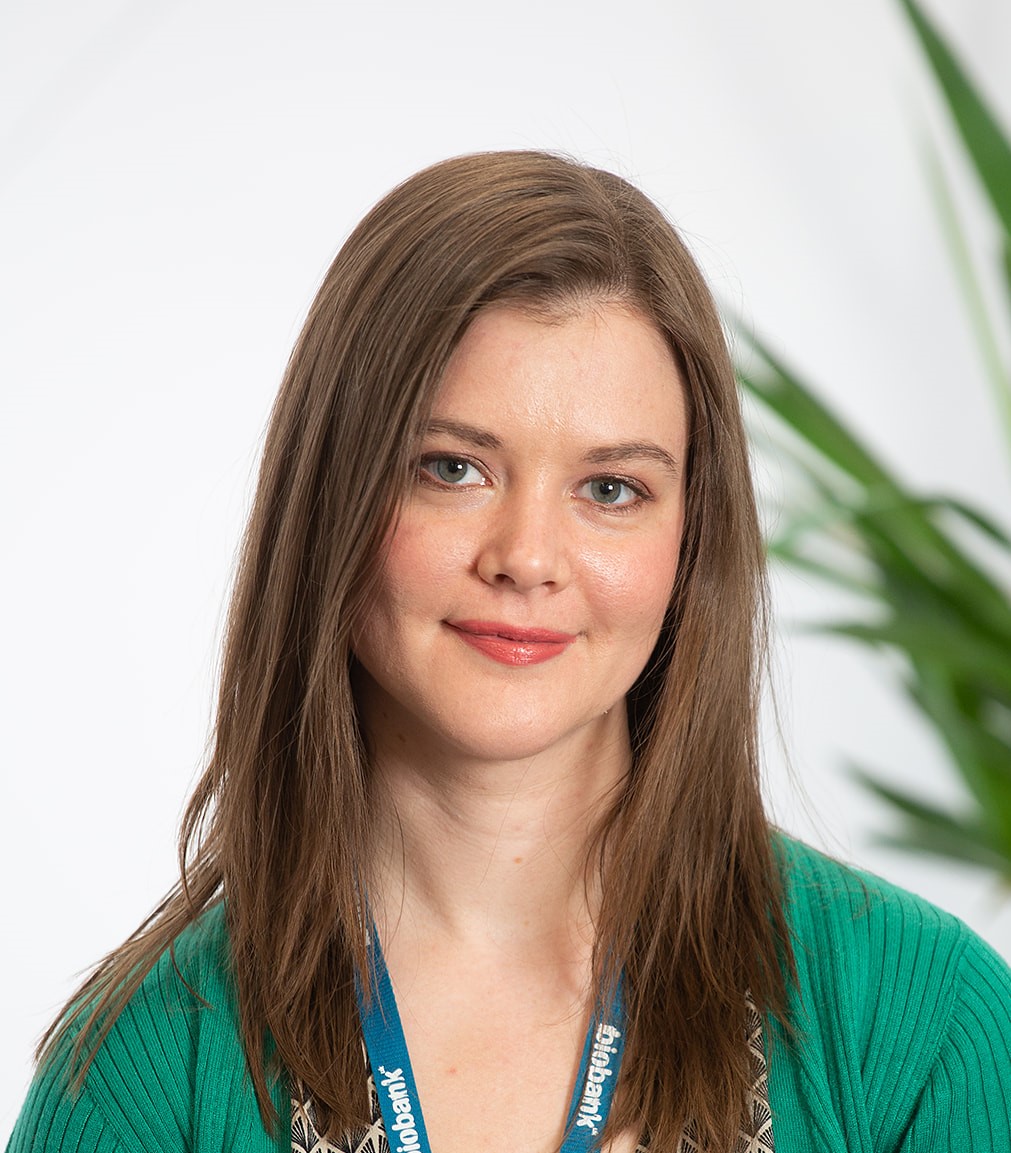Keynote Speakers
Professor Richard Durbin

Richard is a Professor of Genetics at the University of Cambridge and currently an Associate Faculty member at the Wellcome Trust Sanger Institute. He is involved in a wide variety of genomic genetics projects from a computational and mathematical perspective. Current interests include genetic variation, evolutionary and population genetics in humans and cichlid fishes, and algorithms and software for high-throughput sequencing and genome assembly.
In the past Richard has led a number of large scale genomics projects, including the 1000 Genomes Project (with David Altshuler at the Broad Institute) and the UK10K project, both of which completed in 2015, and the gorilla reference sequencing project. Previously he worked on sequence analysis software including hidden Markov model (HMM) methods for gene finding and protein similarity detection, jointly authoring a book Biological Sequence analysis with Sean Eddy, Anders Krogh and Graeme Mitchison. He also helped establish a number of reference genomic databases including WormBase for C. elegans biology (using the ACeDB software I co-developed with Jean Thierry-Mieg), Pfam, TreeFam and Ensembl. Much of Richard’s research in the last five years has involved the discovery and analysis of human genetic variation using large datasets (1000 Genomes Project, UK10K, HGDP etc.), but more recently he has also begun working on the evolutionary genomics of other species, in particular cichlid fishes.
Professor Deborah Williamson

Professor Deborah Williamson is a clinical and public health microbiologist, and Director of Microbiology and Laboratories at the UK Health Security Agency. She was formerly Director of the Victorian Infectious Diseases Reference Laboratory and Professor of Public Health Microbiology at the Doherty Institute, University of Melbourne. She has published over 280 papers in areas such as genomics, diagnostics, and emerging infectious diseases. Her work across public health laboratories, academia and government has directly influenced the way microbiology is applied to clinical practice and public health, including responses to antimicrobial resistance and emerging infectious diseases.
Professor Matt Brown

Professor Matthew Brown, an internationally renowned clinician-scientist, joined Genomics England in 2021. Prior to joining Genomics England he was Director of the National Institute for Health Research (NIHR) Guy’s and St Thomas’ Biomedical Research Centre and Professor of Medicine within the Faculty of Life Sciences and Medicine, King’s College London.
He has made contributions to the development of gene-mapping approaches in human diseases and genome-wide association study methodology, leading to the discovery of thousands of genetic variants, with a particular interest in ankylosing spondylitis, rheumatoid arthritis, and osteoporosis. In the genetics of rare human diseases, he has identified genes responsible for monogenic forms of arthritis, ectopic bone development, and skeletal dysplasias. He has also led efforts in Australia to translate research sequencing capability into precision medicine programs for cancer patients.
Professor Brown was elected a Fellow of the Australian Academy of Sciences in recognition for his achievements in genetics research. He still practises medicine, in the specialty of rheumatology, with a particular focus on axial spondyloarthropathies.
Dr Lucy Burkitt-Gray

Lucy Burkitt-Gray leads a team of Data Analysts and Bioinformaticians based at the headquarters of UK Biobank in Manchester, UK. Lucy moved to UK Biobank in 2019, and has since worked to deliver to the public large new datasets such as whole exome and whole genome sequencing of UK Biobank’s 500,000 participants. Dr Burkitt-Gray is passionate about widening access to highly valuable research cohorts, and as such is proud to be part of the transformation of the UK Biobank resource onto their cloud-based Research Analysis Platform. Dr Burkitt-Gray has a PhD in Computational Infection Biology from University College Dublin, and an MA in Natural Sciences from the University of Cambridge.